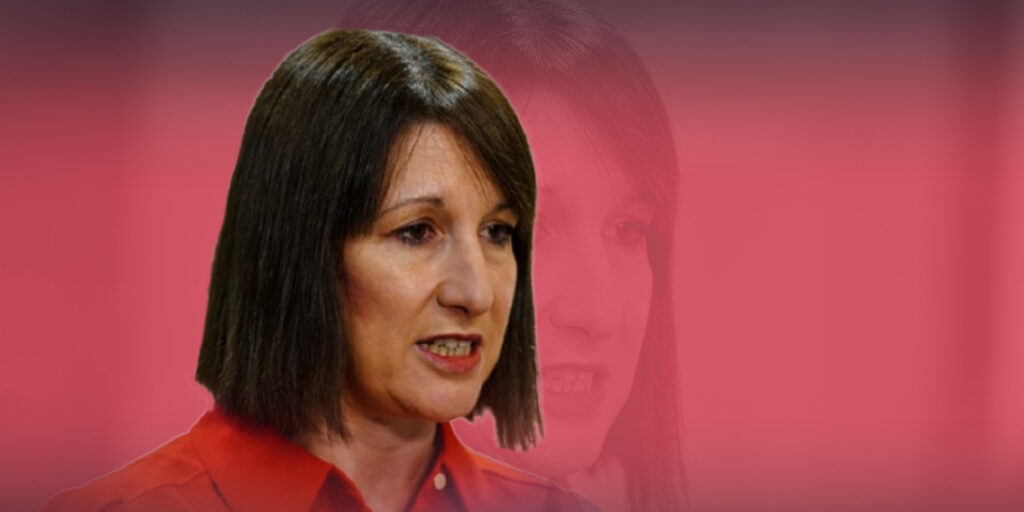Six families have launched a High Court legal challenge against the UK government’s decision to impose VAT on private school fees, claiming the policy discriminates against certain pupils and infringes their human rights.
Supported by the Independent Schools Council (ISC), the families argue the tax could make private education unaffordable, forcing many pupils into the state sector, which they say may not meet their specific needs.
The claim cites discrimination under the Human Rights Act, seeking a declaration of incompatibility with the European Convention on Human Rights (ECHR).
Concerns Over Vulnerable Groups
The ISC highlights that the policy could disproportionately impact children with special educational needs or disabilities (SEND), families seeking faith-based education, and those in single-sex schools.
Minority Jewish and Muslim families, as well as international families following specific curricula, are also said to face limited alternatives.
Julie Robinson, CEO of the ISC, emphasised the broad and immediate impact of the VAT policy, ““As a result of the government’s blanket approach, the impact is likely to be felt immediately by many families and children, many of whom have chosen an independent school for reasons including faith, Send support, dual-language learning or single-sex education.
“It is to protect the rights of these families, who are having their choice removed from them by this policy, that we are seeking a declaration of incompatibility.”
Legal Representatives Criticise Government Approach
Sophie Kemp, head of public law at Kingsley Napley and representative for the claimants, criticised the government’s handling of the policy, stating, “The families are asking for careful and swift scrutiny of the impact of VAT on their lives which they feel has been ignored by the government as it seeks to rush its policy through”
Financial Implications of the VAT Policy
The government estimates the new tax will generate £460 million in revenue in its first year, rising to £1.7 billion by 2029-30.
Ministers plan to allocate these funds to hire 6,500 new teachers for state schools.
However, the Treasury anticipates that private school fees will rise by 10%, potentially pushing 35,000 pupils into state schools long-term.
A further 2,000 students, including international and home-schooled pupils, are expected to leave private education altogether.
Chancellor Rachel Reeves, responsible for the Treasury, has 14 days to respond to the legal claim.
While the judicial review, expected in early 2025, cannot reverse the VAT policy, a favourable ruling for the claimants could increase pressure on the government to consider exemptions.
A government spokesperson declined to comment on the ongoing litigation.


